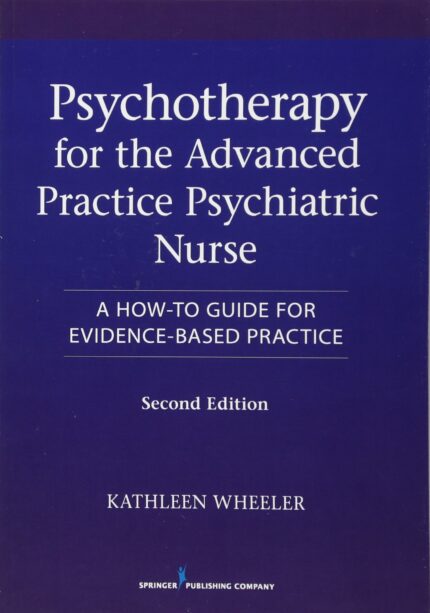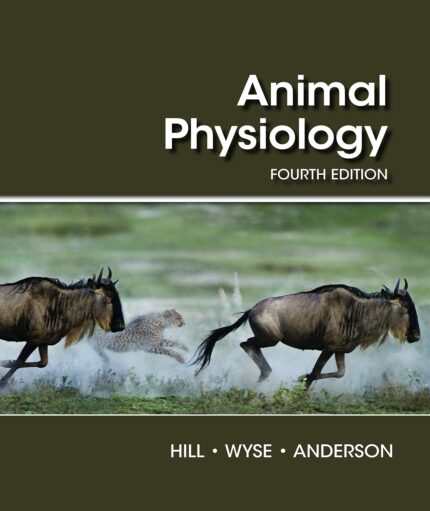Psychology Modules for Active Learning 12th Edition by Dennis Coon – Test Bank
Chapter 4: Sensation and Perception
Module 4.1
MULTIPLE CHOICE
1.Regarding sensation and perceptions, which of the following statements is FALSE?
|
a. |
We are constantly surrounded by electromagnetic radiation, heat, pressure, vibrations, molecules, and mechanical forces. |
|
b. |
During the process of sensation, our senses capture completely accurate information about the environment. |
|
c. |
During the process of perception, our brain assembles sensations into a meaningful “picture” of events. |
|
d. |
Unless your senses translate information into a form your brain can understand, you will experience only a void of silence and darkness. |
ANS: B DIF: Moderate REF: Module 4.1 KEY: *
MSC:TYPE: Concept
2.The primary function of the senses is to act as devices that convert one kind of energy into another, which are referred to as
|
a. |
visual adapters. |
|
b. |
biological assimilators. |
|
c. |
phosphenes. |
|
d. |
biological transducers. |
ANS: D DIF: Moderate REF: Module 4.1 KEY: *
MSC: TYPE: Fact
3.Sense receptors are biological transducers, which means that they
|
a. |
select from a broad range of stimulation. |
|
b. |
analyze the environment into important features. |
|
c. |
convert one form of energy to another. |
|
d. |
detect only a limited range of energies. |
ANS: C DIF: Moderate REF: Module 4.1 MSC: TYPE: Concept
4.The sensory receptors of your eyes are able to convert light energy into neural energy, which can then be utilized by the brain. Thus, the sensory receptors in your eyes act as
|
a. |
visual adapters. |
|
b. |
biological assimilators. |
|
c. |
phosphenes. |
|
d. |
biological transducers. |
ANS: D DIF: Easy REF: Module 4.1 MSC: TYPE: Fact
5.The process of detecting physical energies with the sensory organs is called
|
a. |
sensation. |
|
b. |
perception. |
|
c. |
adaptation. |
|
d. |
cognition. |
ANS: A DIF: Easy REF: Module 4.1 MSC: TYPE: Fact
6.The process by which the brain organizes sensations into meaningful patterns is known as
|
a. |
reception. |
|
b. |
adaptation. |
|
c. |
perception. |
|
d. |
cognition. |
ANS: C DIF: Easy REF: Module 4.1 MSC: TYPE: Fact
7.In order to take your psychology quiz, you must read and process the information. The initial step of your eyes detecting the black marks on the page depends on the process known as
|
a. |
perception. |
|
b. |
sensation. |
|
c. |
sensory accommodation. |
|
d. |
perceptual coding. |
ANS: B DIF: Moderate REF: Module 4.1 KEY: *, www
MSC:TYPE: Application
8.In order to take your psychology quiz, you must read and process the information. The ability to organize the black marks on the paper into meaningful patterns involves the process of
|
a. |
perception. |
|
b. |
sensation. |
|
c. |
sensory accommodation. |
|
d. |
perceptual gating. |
ANS: A DIF: Moderate REF: Module 4.1 KEY: *
MSC:TYPE: Application
9.When listening to your professor’s lecture, hearing the various sounds of the professor’s words would be
|
a. |
perception. |
|
b. |
sensation. |
|
c. |
assimilation. |
|
d. |
accommodation. |
ANS: B DIF: Moderate REF: Module 4.1 KEY: *
MSC:TYPE: Application
10.When listening to your professor’s lecture, interpreting the meaning of the professor’s words is an example of
|
a. |
perception. |
|
b. |
sensation. |
|
c. |
assimilation. |
|
d. |
accommodation. |
ANS: A DIF: Moderate REF: Module 4.1 KEY: *
MSC:TYPE: Application














Reviews
There are no reviews yet.